New House - Old Lawn
amandajensen09
9 years ago
Related Stories
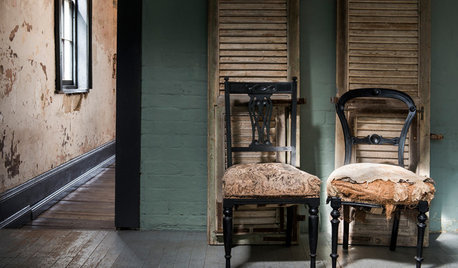
REMODELING GUIDESThe Hidden Problems in Old Houses
Before snatching up an old home, get to know what you’re in for by understanding the potential horrors that lurk below the surface
Full Story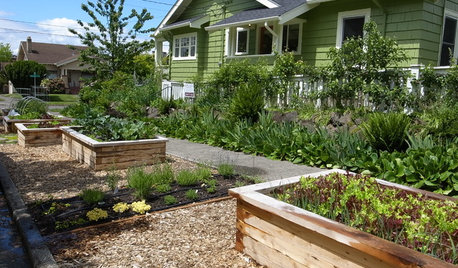
BEFORE AND AFTERSSee 6 Yards Transformed by Losing Their Lawns
Wondering whether a turf lawn is the best use of your outdoor space? These homeowners did, and they found creative alternatives
Full Story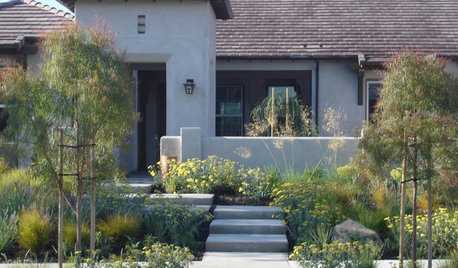
LANDSCAPE DESIGNGet Along With Less Lawn — Ideas to Save Water and Effort
Ditch the mower and lower your water bill while creating a feast for the eyes with diverse plantings and gathering places
Full Story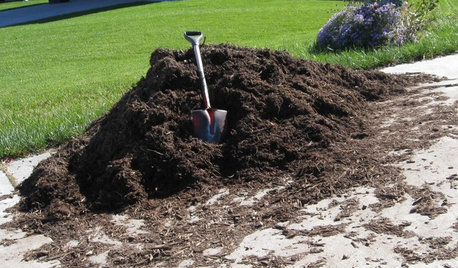
FRONT YARD IDEASBefore and After: Front Lawn to Prairie Garden
How they did it: Homeowners create a plan, stick to it and keep the neighbors (and wildlife) in mind
Full Story
EARTH DAYThe Case for Losing the Traditional Lawn
Work less, help the environment and foster connections by just saying no to typical turf
Full Story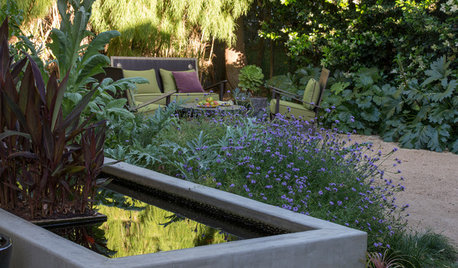
SAVING WATERHouzz Call: Are You Letting Go of Your Lawn?
Many facing a drought are swapping turf for less thirsty plantings. If you’re one of them, we’d like to hear about it
Full Story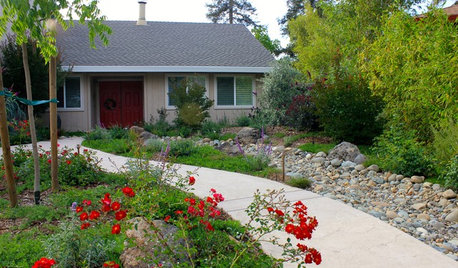
LANDSCAPE DESIGNCalifornia Says Goodbye to the Sprawling Ornamental Lawn
New state rules will effectively limit turfgrass to 25 percent of the landscape in most new and renovated yards
Full Story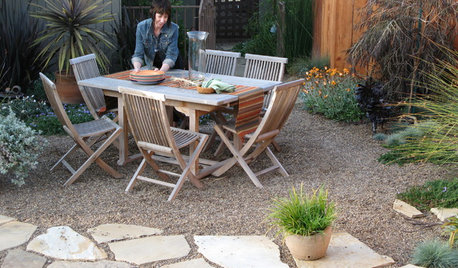
LANDSCAPE DESIGN15 Great Ideas for a Lawn-Free Yard
End the turf war for good with hardscaping, native grasses and ground covers that save water and are easier to maintain
Full Story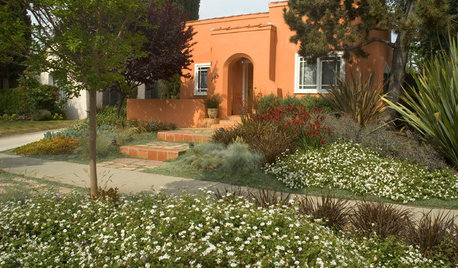
GREAT HOME PROJECTSHow to Replace Your Lawn With a Garden
New project for a new year: Lose the turfgrass for energy savings, wildlife friendliness and lower maintenance
Full Story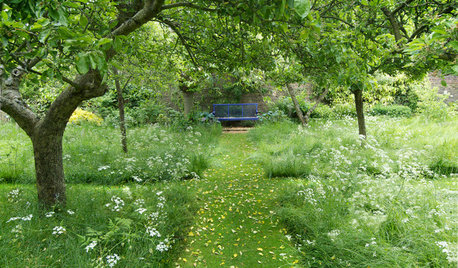
GROUND COVERSGive Your Lawn a Taste of the Wild
Consider the joys of an irregularly trimmed meadow lawn: It’s ecofriendly, visually interesting and still good for romping
Full StoryMore Discussions






morpheuspa (6B/7A, E. PA)
amandajensen09Original Author
Related Professionals
Brentwood Landscape Architects & Landscape Designers · Norton Shores Landscape Architects & Landscape Designers · Edmond Landscape Contractors · Norwood Landscape Contractors · Corona Landscape Contractors · Euclid Landscape Contractors · Gloucester Landscape Contractors · Kailua Landscape Contractors · Lees Summit Landscape Contractors · Parkland Landscape Contractors · Smyrna Landscape Contractors · Southbury Landscape Contractors · Selma Landscape Contractors · West Hollywood Swimming Pool Builders · Randolph Swimming Pool Buildersamandajensen09Original Author
dchall_san_antonio
morpheuspa (6B/7A, E. PA)
morpheuspa (6B/7A, E. PA)
dchall_san_antonio
amandajensen09Original Author
amandajensen09Original Author
dchall_san_antonio
amandajensen09Original Author
morpheuspa (6B/7A, E. PA)
dchall_san_antonio
amandajensen09Original Author
dchall_san_antonio